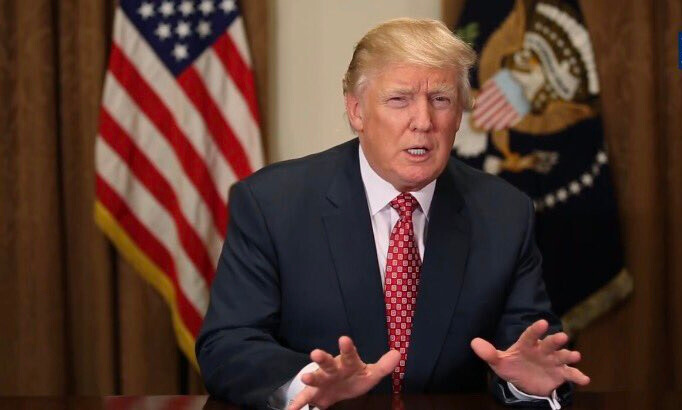Former U.S. President Donald Trump’s decision to deploy at least 200 National Guard members to Portland, Oregon, has sparked significant controversy, as Oregon’s Attorney General filed a lawsuit challenging the legality of the move. This order, intended to last two months, was issued to “protect federal property” amidst ongoing protests and clashes in the city. The National Guard’s presence is particularly focused on areas where protests related to immigration issues, especially around the ICE facility, have been frequent.
The move follows a pattern of escalating federal interventions in cities facing protests, as the Trump administration intensifies its crackdown on illegal immigration. Trump defended the deployment, claiming it was necessary to safeguard ICE facilities, which he argued were under threat by groups like Antifa, a left-wing activist movement he recently designated a domestic terrorist organization.
Oregon’s political leaders, including Democratic Governor Tina Kotek and Senator Ron Wyden, have strongly opposed the plan, asserting that the city is not facing a national security threat. Governor Kotek called the National Guard’s deployment an unnecessary and provocative act, which could further incite unrest rather than promote public safety. Senator Wyden warned against Trump’s rhetoric, drawing comparisons to the controversial deployment of federal agents in 2020 during protests sparked by the killing of George Floyd.
The deployment is also part of a broader pattern of tension between the federal government and local lawmakers, particularly around the operations of Immigration and Customs Enforcement (ICE). Critics of the agency have highlighted numerous incidents where individuals with no criminal records were detained, including a father arrested outside his child’s preschool and a wildland firefighter detained while on duty. Legal experts have questioned the Trump administration’s designation of Antifa as a domestic terrorist group, pointing out that there is no formal legal mechanism to officially label such groups in the U.S.
This ongoing legal battle could set a significant precedent for how federal and state governments navigate protests and security measures, particularly around controversial immigration enforcement.

